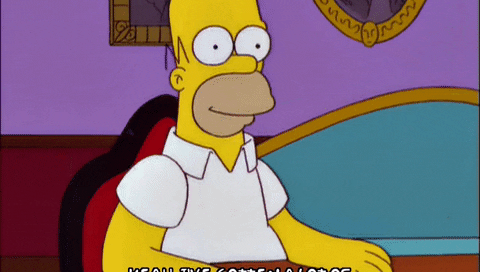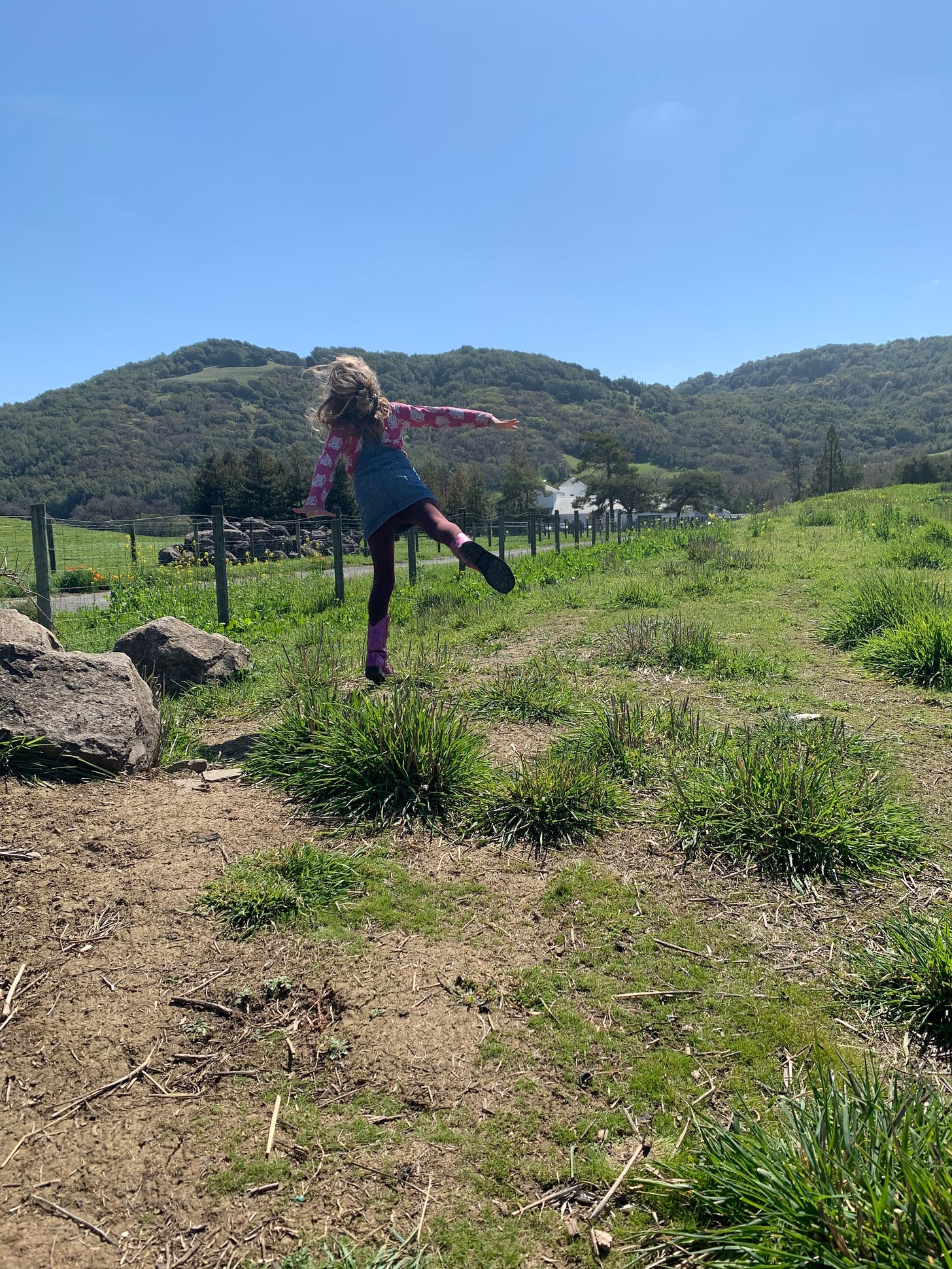It’s easy for me to remember the least humble season in my life. Interestingly, it followed the most insecure transition in my life. Coincidence? I think not.
I was home in Colorado Springs for the summer after my first year at an Ivy League college in New York City. My parents both went to Colorado State University, so naturally, it was my job to tell them about the thinkers—Mary Wollstonecraft, Jean-Jacques Rousseau, bell hooks—they’d missed in their middle class hum drum existence. I had opinions on everything. Strong opinions. I wore all black. (And yes, I threw up Captain Morgan’s rum on the beige living room rug after drinking too much, but that was in no way an indication of my general sophistication.)
You see, after a first semester of sobering Bs and Cs, I’d realized that my public high school education was lacking in lots of ways; that I was not as smart or prepared as I’d thought. I panicked. I felt some intense imposter syndrome (maybe I really had only gotten into Barnard because the lacrosse coach wanted me to play for her?!).
Then I stopped freaking out and worked hard instead. I spent extra time with professors who actually cared. I read and highlighted and dog-eared my ass off. Unfortunately, I also learned the lingua franca of northeastern academic hubris. And pretty soon, I was convinced that I was an intellectual beast—a force to be reckoned with, in the classroom, sure, but also at the dinner table, and pretty much anywhere that people would tolerate me casually dropping my favorite new sociological terms like hegemonic and heuristic.
I was reminded of this moment in my life as I attended a conference put on by the Greater Good Science Center recently and learned about a quickly growing academic field: intellectual humility. It’s pretty much what it sounds like, but I really like Daryl R. Van Tongeren’s definition: “Humility is about being the right size in a given situation.”
If you play too small in a context where you know a lot, that’s called servility—think about all the women who give a preamble about how they might be wrong before sharing a well-informed, beautifully-articulated opinion. And if you play too big, that’s called arrogance—think about every other David Brooks column. (There’s a quiz, by the way, that tells you how intellectually humble you are—who doesn’t love a quiz?!)
That summer, I was most certainly not right-sized. I was walking around my hometown, not to mention my childhood home, like I was too big for the place. But I think that largesse was a direct result of the smallness I’d felt upon first arriving at Barnard. When we feel small, scared, separate, lost, I think it puts us at risk for overcorrecting—becoming the loudest voice in the room or the most inflexible at the dinner table. I felt like I knew nothing, so I wanted to to feel like I knew everything. We humans are such creatures of pendulation.
On drop-off day, all I wanted was for my parents to get in the cab and leave me to my new, glamorous life as a college student in the city that never sleeps, and as soon as they pulled away, I burst into tears and ran down to the park so no one would see me disintegrate—What had I done? How would I survive this? Who was I?
Van Tongeren says that if we want to increase our own or other people’s intellectual humility, we have to strengthen “existential distress tolerance”—meaning, when new information complicates your worldview, how capable are you of sitting with that complication before reacting? Sometimes, new information can cause an existential wobble—huh, I never thought of it like that. Sometimes new information can cause an existential free fall—this puts my entire idea about myself into question. In either case, or somewhere in between, how do you handle existential distress? When was the last time you learned something that made you question your tidy narrative of yourself and your own rightness or goodness?
I’ve been sitting with this since that conference. It seems like those of us with the most power and privilege have the least organic opportunities for strengthening our tolerance for existential distress because most of the institutions that we’re a part of center us by design. That moment of arriving on the Barnard campus was one of class and cultural dislocation for me; as a middle class kid from Colorado Springs, the casual references to boarding schools and the way my first best friend bought a coat at Banana Republic full-price left me feeling definitionally in flux.
You can’t see who you are and what you know most accurately without also having some sense, even if vague, of the vast terrain that you’ve never traversed. The things you don’t know. The experiences you’ve never had. The knowledge you don’t possess. For too many of us, that which we don’t know remains invisible, rather than opaque. It’s not a country we’ve never been to. It’s a country we don’t even realize exists.
In other words, I wonder if most arrogance doesn’t stem from living a self-reinforcing life within segregated communities—where you and your opinions feel right at home, undisturbed by contradictory information, experiences, or voices. (This is why both genuinely diverse communities and reading widely are so powerful!)
Learning more, breaking out, seeing a snag in the matrix is a good thing, but sometimes it can cause an insecure person to puff up even bigger (I think we’re seeing a lot of this right now in our culture). The trick is to venture and tolerate the existential distress, resist puffing up or hunkering down. Sit with it. Feel it in your body. Let the dust settle and then see what you can make of the broken parts. Repeat forever.
In Colorado Springs, I was a straight A student in English, someone who prided myself on my strongly worded commentaries for the high school newspaper; in a new context, I was a mediocre student who hadn’t read many of the great philosophers, unlike my peers. I went from obliviousness to existential distress to insecurity to arrogance, in two heady semesters. Thankfully, by sophomore year, my head shrank down to a reasonable size. I think it was a matter of time and exposure; whereas my first year, I realized that I hadn’t seen myself and my abilities accurately in the small pond of my adolescence, my second year I realized that there was an ocean so vast, so complex, that it would take me more than a lifetime to explore even a fraction of it.
And that’s when I landed on the most enchanting country of all: wonder.






what a great essay about uncertainty. I'm navigating a lengthy divorce right now which has just entered the mediation phase, and my whole life is up for grabs. Yesterday my husband acted cold and hard towards me and broke my heart again (though I know it was a rational way for him to be. My heart hadn't yet gotten the message.) And he said some things from his point of view which made me question my assumptions. I'm working on integrating his perceptions into mine, wanting to understand him more and better, wanting to connect, knowing that's no longer possible in the ways it was. Holding the grief. The Grief. It is one of the hardest things I've ever done - to learn to hold both Black and White at the same time and to find the Grey where there is overlap and connection and shifts in perception - and Grief.
It is damned hard to be human sometimes.
Dear courtney.....It is always a joy to see what you have to say. I need to tell you that today because I am out of touch with everything and everybody.....feeling so overwhelmed by the accretions of age, so worried about election.... But I was that Freshman. I remain that Freshman. I still wonder what Hueristic means. keep up the good work.